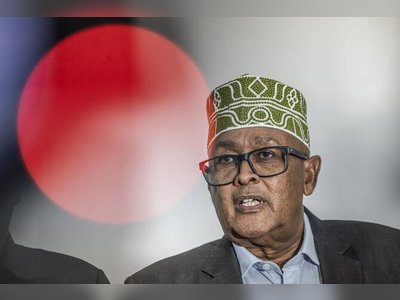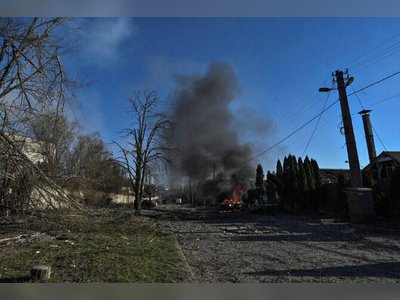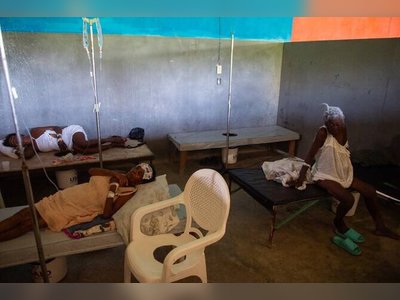
Ethiopia Confirms First Marburg Outbreak; WHO Praises Fast Action
The World Health Organization (WHO) commends Ethiopia for its prompt response to the first confirmed Marburg outbreak, emphasizing transparency and commitment to controlling the situation swiftly.
Ethiopia has officially confirmed its first Marburg virus outbreak after identifying nine cases in a southern region close to South Sudan.
The World Health Organization (WHO), led by Director-General Tedros Adhanom Ghebreyesus, praised Ethiopia's government for its swift action and dedication to containing the outbreak quickly.
On Thursday, the Ethiopian government had announced an investigation into what was then unidentified viral hemorrhagic fever, showing transparency that garnered praise from the Africa CDC.
In response to this development, WHO dispatched a technical team on Thursday to assist with testing and managing the potential outbreak in Ethiopia.
The organization is providing essential supplies including personal protective equipment for health workers, infection-prevention materials, as well as setting up rapidly deployable isolation tents to enhance clinical care capacity.
The outbreak has been reported in the Omo region of southern Ethiopia, which shares a border with South Sudan, a country known for its fragile healthcare system.
This proximity raises concerns due to the possibility of cross-border transmission.
Currently, no other African nations have reported cases of Marburg virus in recent weeks.
Marburg virus, similar to Ebola, originates from fruit bats and spreads among humans through close contact with infected individuals' bodily fluids or contaminated surfaces like bed sheets.
Symptoms include fever, muscle pain, diarrhea, vomiting, and in some severe cases, death due to excessive blood loss.
There is no approved vaccine or specific treatment for Marburg virus infection.
The World Health Organization (WHO), led by Director-General Tedros Adhanom Ghebreyesus, praised Ethiopia's government for its swift action and dedication to containing the outbreak quickly.
On Thursday, the Ethiopian government had announced an investigation into what was then unidentified viral hemorrhagic fever, showing transparency that garnered praise from the Africa CDC.
In response to this development, WHO dispatched a technical team on Thursday to assist with testing and managing the potential outbreak in Ethiopia.
The organization is providing essential supplies including personal protective equipment for health workers, infection-prevention materials, as well as setting up rapidly deployable isolation tents to enhance clinical care capacity.
The outbreak has been reported in the Omo region of southern Ethiopia, which shares a border with South Sudan, a country known for its fragile healthcare system.
This proximity raises concerns due to the possibility of cross-border transmission.
Currently, no other African nations have reported cases of Marburg virus in recent weeks.
Marburg virus, similar to Ebola, originates from fruit bats and spreads among humans through close contact with infected individuals' bodily fluids or contaminated surfaces like bed sheets.
Symptoms include fever, muscle pain, diarrhea, vomiting, and in some severe cases, death due to excessive blood loss.
There is no approved vaccine or specific treatment for Marburg virus infection.










